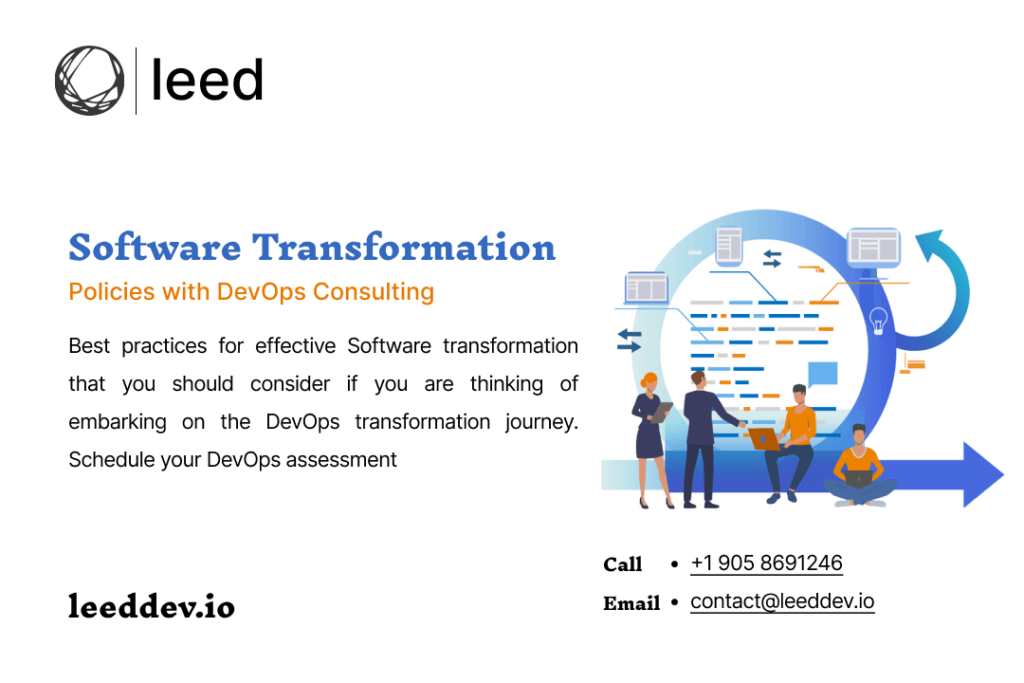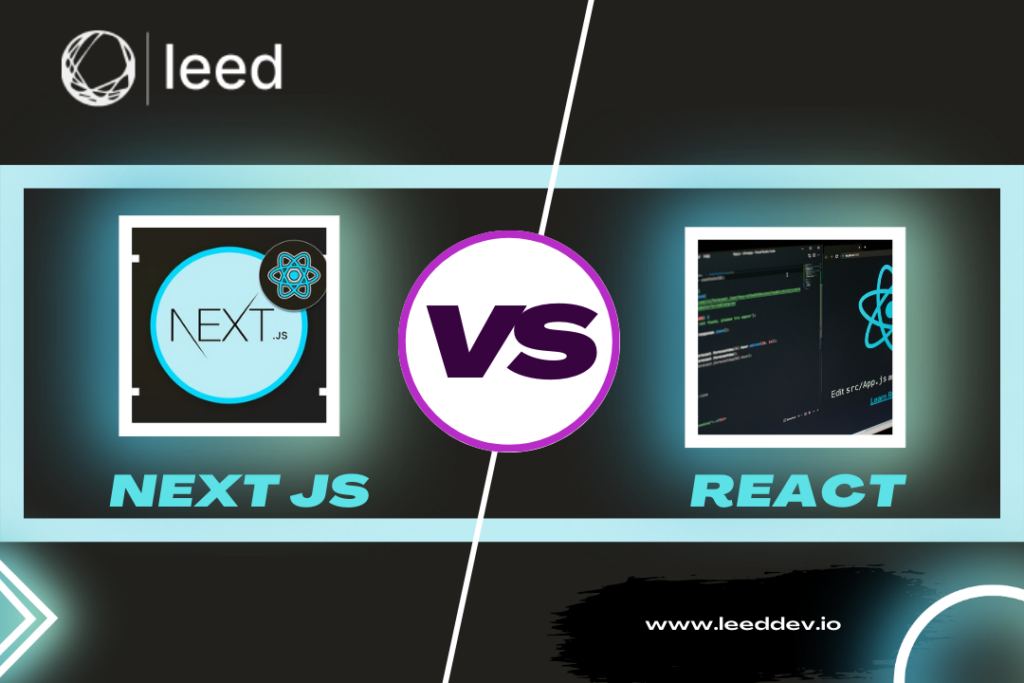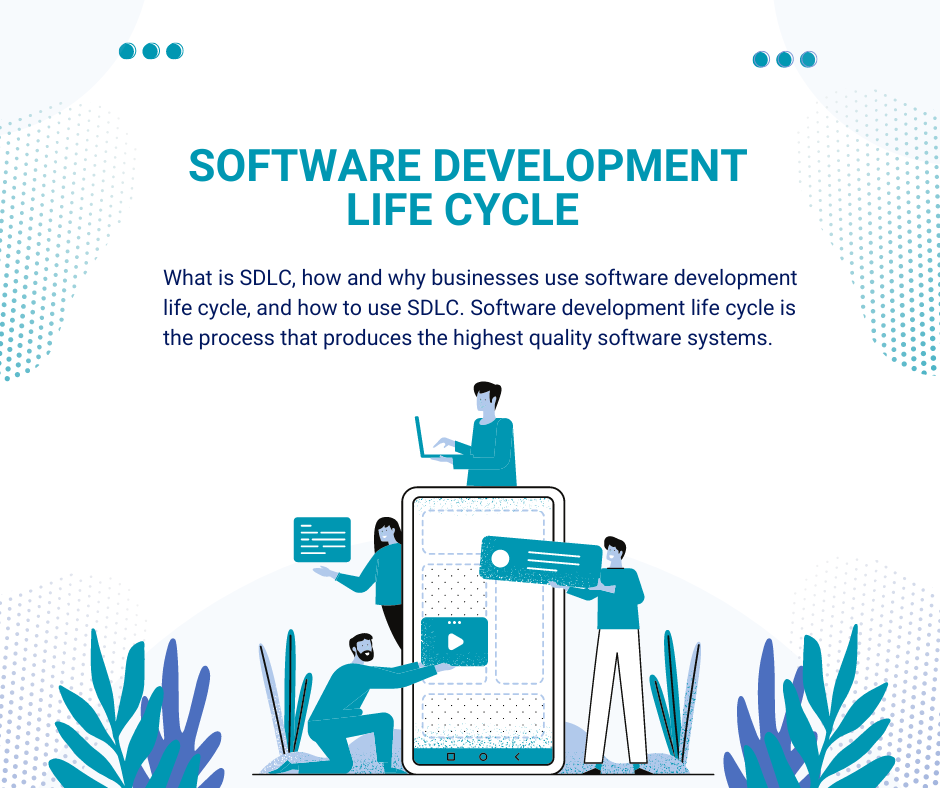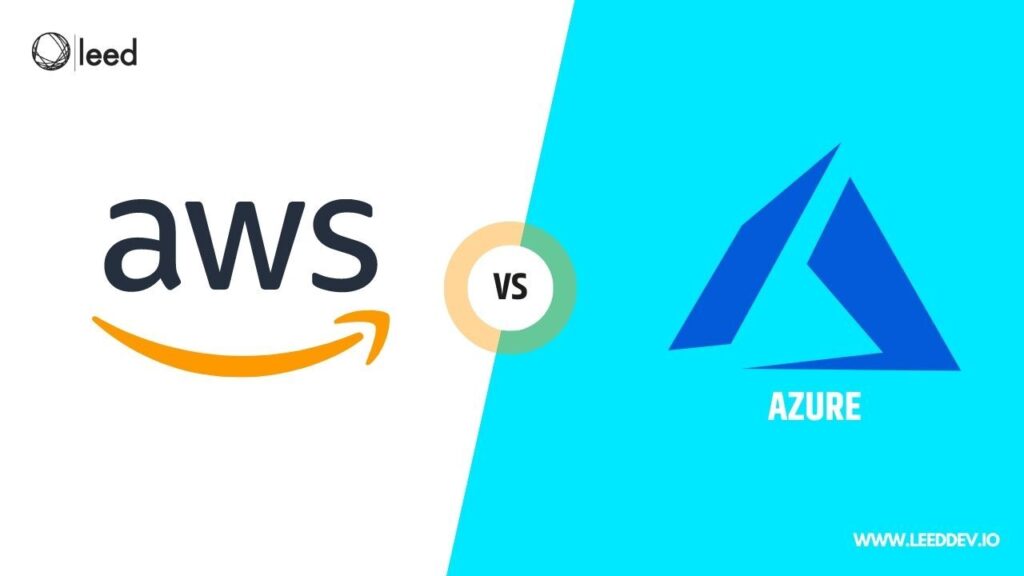Software transformation is an ever-changing field where technologies are introduced and discarded every couple of years based on the needs and uses of the software developers. Leed Software Development focuses on utilizing the best possible technologies for its clients.
As soon as a framework becomes obsolete, an innovative replacement is found to maintain the workflow and deliver the same quality of software, if not better. Keeping up with the market, Leed implements the following technologies in the software development cycle:
Java Script
JavaScript was introduced in 1995 by Brendan Eich as a dynamic programming language to add interactivity to websites. It is a user-friendly language that helps in developing games, websites, 2D and 3D animations as well as comprehensive database applications. Leed uses JavaScript in building Application Programmable Interfaces (APIs) for websites and creating customized HTML/CSS styles to better suit the clients.
The potential of using JavaScript is limitless in design and development. From a programming perspective, JS is light, interpreted and quick in compilation with first-class functions. It is mainly classified as a scripting language for websites but it is used in many major frameworks such as Node.js, CouchDB and Acrobat. It is based on prototype structuring, and single threading and supports object-oriented programming to add flexibility to the code.
React and React Native
React was introduced as an alternative to HTML for Facebook’s news feed in 2011. Since then, it has seen multiple improvements and tweaks which created React Native eventually. The key difference between them is that the former is a JavaScript library that supports the front-end development of web pages as well as the programming of servers. Whereas, the latter is a framework that uses React to create entire structures of websites and applications.
The advantage React Native has over other frameworks is that it can be used to create applications that run on multiple platforms. Each component is interrelated and compatible across platforms such as Windows, Android and iOS.
Node.JS
Node.js is a development platform that was created in 2009 to build reliable high-quality applications. It encompasses a cross-platform runtime environment for creating and running web applications outside the client’s domain. Basically, it is a server-side computing language that is used for non-blocking, event-driven servers such as websites and backend API services.
Node.js is compatible with every web browser which makes it easier to deploy and maintain once the web application is developed. The advantage is that it is completely open source and every bug or error is fact-checked by a host of communities all working towards improving the runtime environment.
Python
Python is a general-purpose programming language that first appeared back in 1991. Since then, it has been incorporated into multiple frameworks and is also used on its own due to its dynamic and flexible nature. The advantage of using Python is that it requires no necessary structure for the code, is easy to read and simple to understand.
It utilizes the reusability of code and uses white spaces to make sense of the hierarchies of the program. In software development communities, it is a highly sought-after programming language due to the large pre-built libraries, a built-in platform for testing the code and diversity of applications based on the operating system the code is being developed for.
Django
Django is one of the best modern programming frameworks which was developed in 2005. It is a high-level Python web platform that can help in the rapid development of websites and helps in maintaining them later on. Django eases the hassle of developing complex web applications by providing tools and services for all “out of the box” thinking.
It follows a consistent design even after countless updates and provides up-to-date documentation. It provides an automated security framework that informs users about potential breaches and provides solutions immediately. It is compatible with any if not all platforms and is well supported by web hosting platforms.
Tensorflow
With recent advancements in Artificial Intelligence and Machine Learning. a platform was required to build, test and maintain complex neural networks, thus, TensorFlow was created in 2017. It is an open-source library that utilizes data flow graphs to create testing models of AI/ML. Classification, Perception and Prediction are some of the models that can be implemented on TensorFlow.
The flexibility of runtime requirements allows users to launch their models across different platforms and store complex neural networks with the help of multidimensional arrays. When combined with Google’s TPU, the development potential of TensorFlow becomes limitless.
It provides a simple and flexible architecture to implement new ideas from a concept to development much faster.
PHP
PHP is a powerful and in-demand server programming language that was created in 1994. It is one of the most user-friendly open-source programming languages for dynamic web application development. It has become a fully-fledged, efficient and high-quality development language.
The continuous improvements and online communities contribute to a rugged and error-free platform that creates the base for further development. PHP also provides in-app support for a number of other frameworks like Symfony and Laravel which makes it highly compatible.
As more and more technologies are introduced in the domain of Software Transformation. Leed ensures its clients that the tech that suits their needs in the best possible way will be utilized. Not only during the development process but support is also provided in all custom applications that we develop. Our experts realize the vitality of being up-to-date regarding all the Software Transformation technologies that are now circulating the internet.
See more
- Building a Virtual Fortress Through Cloud Transformation
- Make Mistakes, Learn and Build with Agile Process Consulting
- What is Meta App Manager & its Purpose
Frequently Asked Questions (FAQs)
Q. No.1: What is software transformation?
Answer: Software transformation is the process of updating, modernizing, or completely rebuilding software systems to meet the changing needs of the business, the market, or users.
Q. No.2: Why do we need to transform our software?
Answer: There are many reasons to transform software, such as to improve performance, security, scalability, or user experience, to keep up with technology advancements, or to reduce technical debt.
Q. No.3: What are the benefits of software transformation?
Answer: The benefits of software transformation can include increased productivity, efficiency, agility, competitiveness, customer satisfaction, and revenue growth.
Q. No.4: How do we determine which software systems need transformation?
Answer: We can assess the need for software transformation based on factors such as the age of the software, the level of technical debt, the business impact of the software, and the feedback from stakeholders.
Q. No.5: What is the process for software transformation?
Answer: The process for software transformation typically involves several stages, including assessment, planning, design, development, testing, deployment, and maintenance. Each stage may have multiple iterations or sprints.
Q. No.6: What methodologies and technologies do you use for software transformation?
Answer: We use a variety of methodologies and technologies for software transformation, including Agile, DevOps, cloud computing, microservices, containers, artificial intelligence, and machine learning.
Q. No.7: How do you ensure the security and quality of the transformed software?
Answer: We have a comprehensive approach to security and quality assurance, including code reviews, automated testing, vulnerability scanning, penetration testing, and compliance with industry standards and regulations.
Q. No.8: How long does software transformation typically take?
Answer: The duration of software transformation can vary depending on the complexity and scope of the project, as well as the availability of resources and stakeholders. We can provide a more accurate estimate after conducting an assessment and planning phase.




